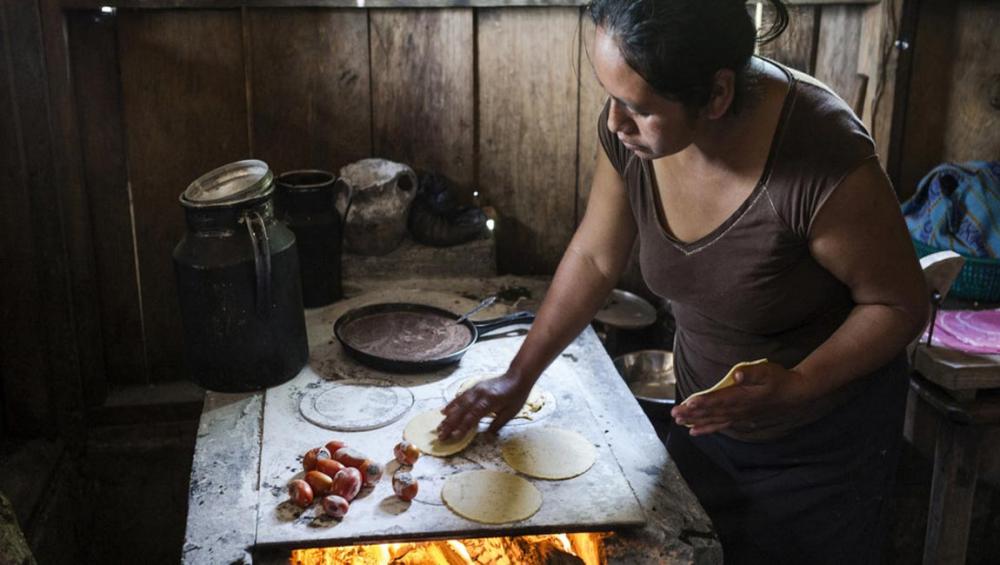Just Earth News | @JustEarthNews | 11 Nov 2018, 03:17 pm Print

Alex Webb/Magnum Photos for FAO
New York,For the third consecutive year, the number of those chronically hungry has increased in Latin America and the Caribbean, while 250 million – 60 percent of the regional population - are obese or overweight, representing the biggest threat to nutritional health, said the UN Food and Agriculture Organization (FAO) on Wednesday.
Speaking at the launch of the 2018 Panorama of Food and Nutrition Security report in Santiago, Chile, FAO’s Regional Representative, Julio Berdegue said it was an “appalling” threat to health overall, affecting women and indigenous groups the most.
The Panorama, published annually by FAO, the Pan American Health Organization (PAHO), the United Nations Children’s Fund (UNICEF), and the World Food Programme (WFP), explores strategies to halt the health threats posed by hunger and malnutrition in Latin America and the Caribbean.
According to the report, hunger, malnutrition, lack of micronutrients, and obesity largely affect lower income families, women, indigenous communities, Afro-descendants and rural families.
Principle causes of malnutrition amongst the most vulnerable, can be traced back to changes the food systems have experienced in the region, from production to consumption. With a greater strain on the demand for nutrient-rich food like milk and meats, many resort to less costly options which are often higher in fat, sugar and salt.
“Obesity is growing uncontrollably,” Berdegue said.
Maria Cristina Perceval, who serves at the regional director for UNICEF in the region, said stunting correlates closely to inequality and poverty levels, and being chronically overweight “is also increasingly affecting the poorest children,” highlighting that lower income families have unequal access to healthy diets.
Obesity has become the greatest threat to Latin America and the Caribbean when it comes to nutritional health conditions. Nearly one in four adults are obese and more than seven percent of children below the age of five are overweight—higher than the global average of 5.6 percent.
To address the exacerbation of hunger and obesity, a “multispectoral approach is needed,” Director of PAHO/WHO, Carissa Etienne said, adding that the solution requires addressing social factors just as well as water quality and access to health services.
In response to growing malnutrition, partner authors on the report call on countries to implement public policies that combat inequality while promoting health and sustainable food systems.
- Amid rising attacks on Hindus, Jamaat candidate Krishna Nandi promises ‘kith and kin’ treatment
- Fresh shock for minorities: Hindu youth burnt alive in Bangladesh
- More than 5,000 killed during massive crackdown launched on Iranian protesters, says human rights body
- Family alleges forcible disappearance of woman by Pakistani agencies
- Caught under wheels: Hindu man dies trying to stop fuel theft in Bangladesh





-1763561110.jpg)
